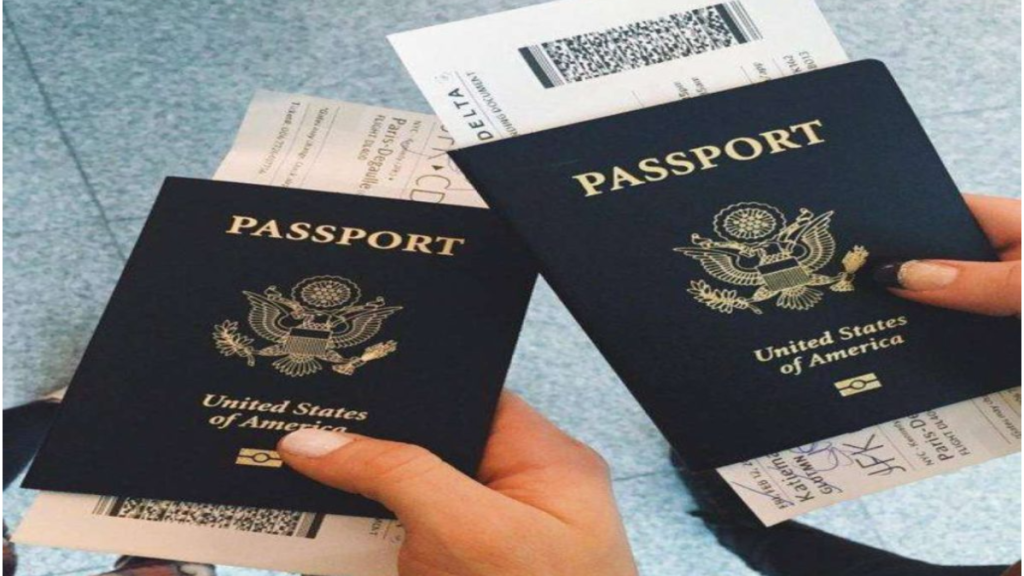Aside from the challenging times in the United States, many want something new and exciting. Hence, it’s no surprise that Americans are consumed by wanderlust. As remote jobs become increasingly available, more Americans are moving abroad than ever before.
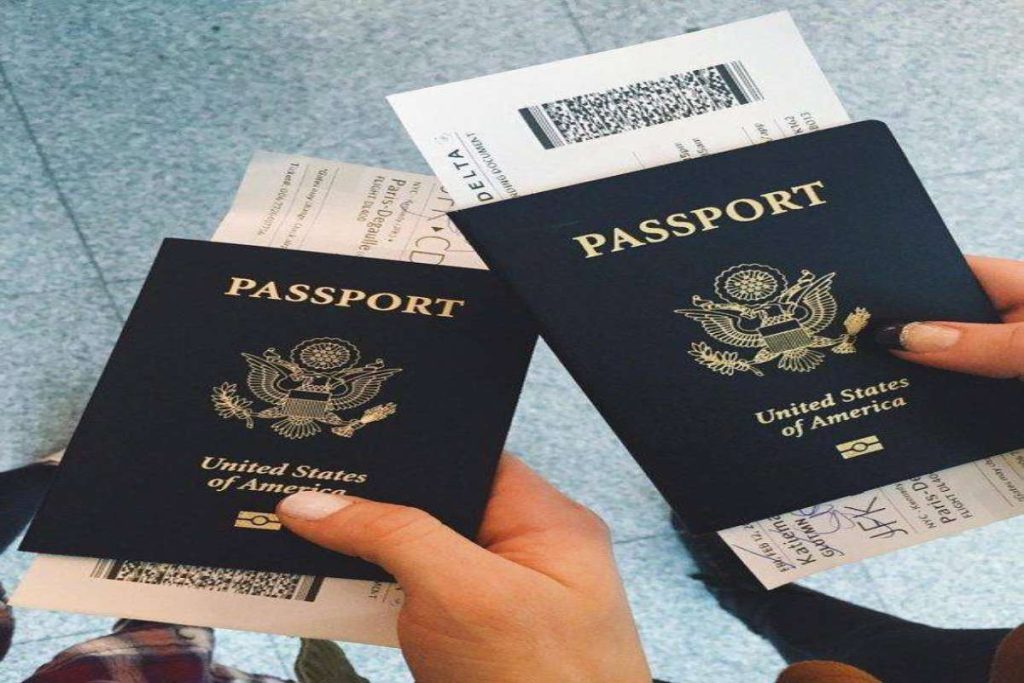
Thanks to digital tools like language translation apps and location maps, people of all ages seek greener pastures abroad. As a holder of the seventh most powerful passport in the world, traveling abroad comes easy. Here are 12 of the easiest countries to move to as an American and the visa options to get you there.
Mexico: Temporary Residency Card
Mexico is one of the top destinations for U.S. citizens with savings, pensions, or remote income to start their new lives. You can get temporary residency in Mexico by showing a certain amount of monthly income or savings or by buying property in Mexico.
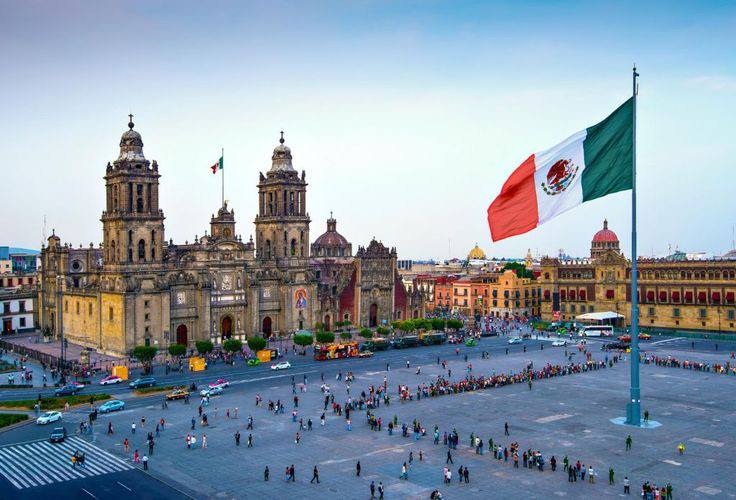
However, buying a home as a temporary resident is inadvisable unless you are sure you won’t be selling it anytime soon. In addition, you can convert temporary residency to permanent residency after four years. Also, do your research.
Portugal: D7 Visa
Portugal is another popular destination for Americans. However, it’s best suited for retirees or people with passive income. The D7 visa is for anyone 18 and older; the required income is €760/month (about $805).

You can bring dependents if you have additional income or savings. Also, Americans who move to Portugal gain access to the country’s excellent public healthcare system after only three months. Additionally, Portugal has a fantastic retirement scheme.
Netherlands: DAFT Visa
The Dutch-American Friendship Treaty (DAFT) visa is perfect for entrepreneurs, freelancers, and self-employed people. A long-stay visa allows U.S. entrepreneurs to live and work in the Netherlands for up to five years.
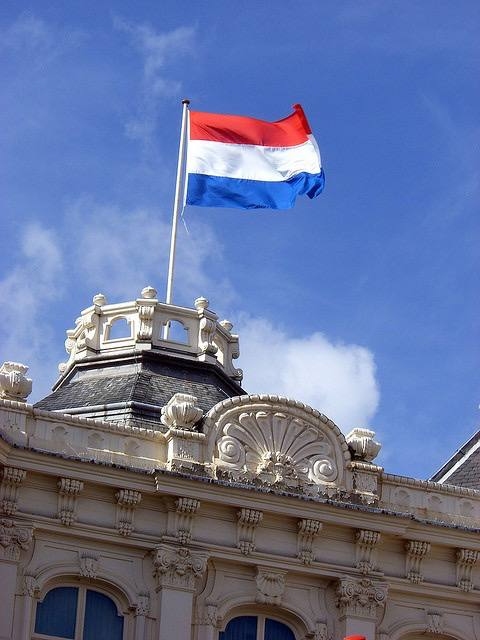
The great news is you can convert your DAFT visa to permanent residency after five years. However, as a condition of the Visa, you must deposit €4,500 into a local account and keep it there for your stay.
Panama: Pensionado Visa
The Pensionado visa is literally for retirees or pensioners with a passive income. However, you only need to be 18 to apply for one. You only need to show a monthly earning of at least $1,000 from pensions.
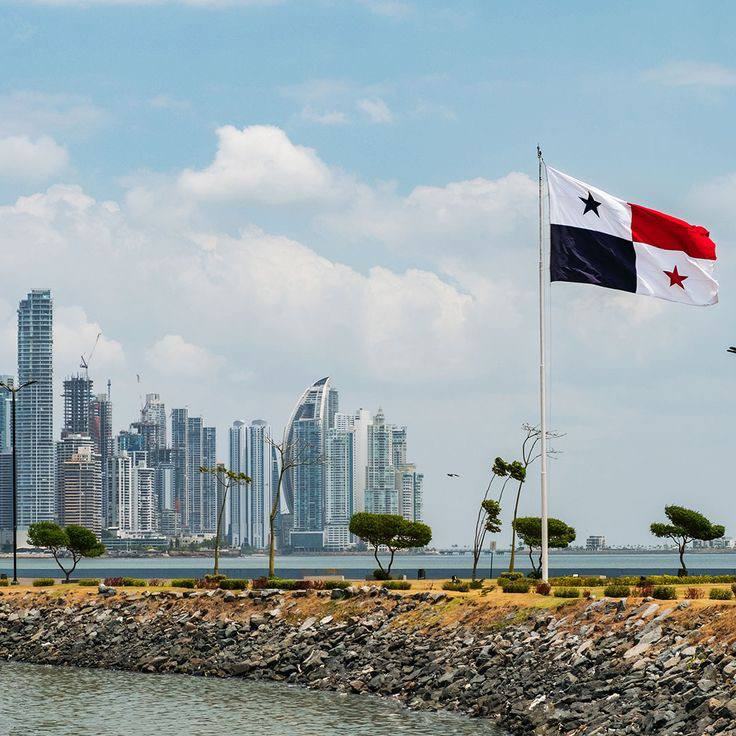
In addition, you need social security, SSDI benefits, or investments. Alternatively, you can invest $100,000 in Panama and collect $1,000 monthly. While some benefits include a permanent residency, you need a Panamanian attorney to get this Visa.
Spain: Non-Lucrative Visa
Spain is another country to move to as an American. The non-lucrative Visa is best suited for retirees and people with passive income. However, like the Pensionado visa, anyone over 18 can apply by showing the requisite funds.
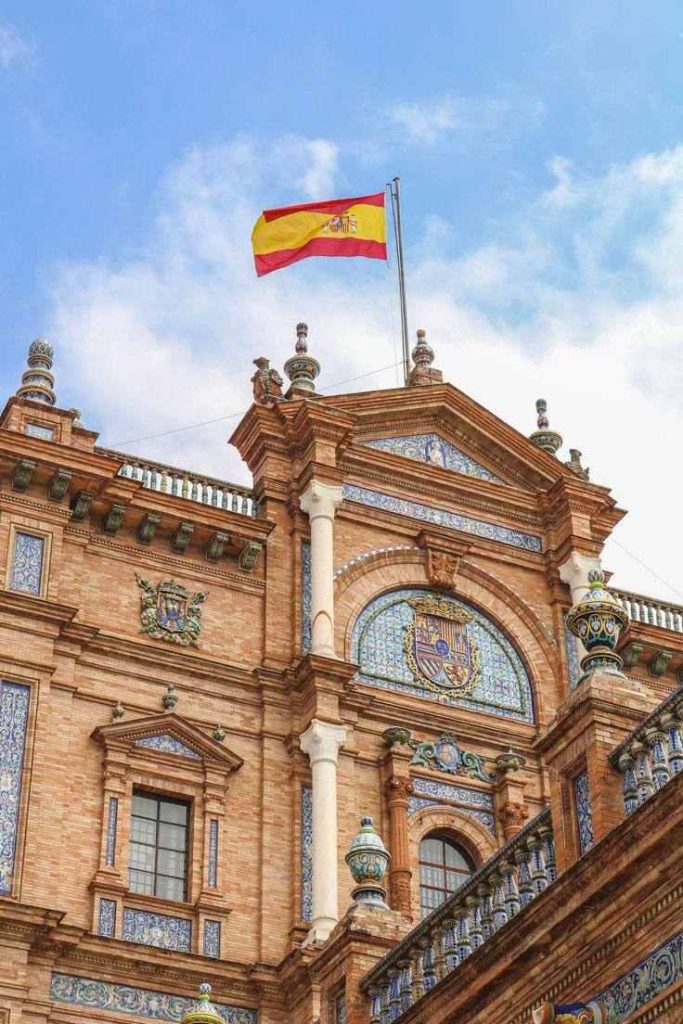
The requisite funds include showing €2,400/month (about $2,550) in pensions, social security, SSDI benefits, or other passive income. Another option is to show €60,000 (about $64,500) in savings.
Albania: No Residency Needed
There’s no easier option to move abroad than to head to Albania. Americans can stay in Albania for a year with no visa at all. The country is suitable for everyone, including retirees, digital nomads, and self-employed people.
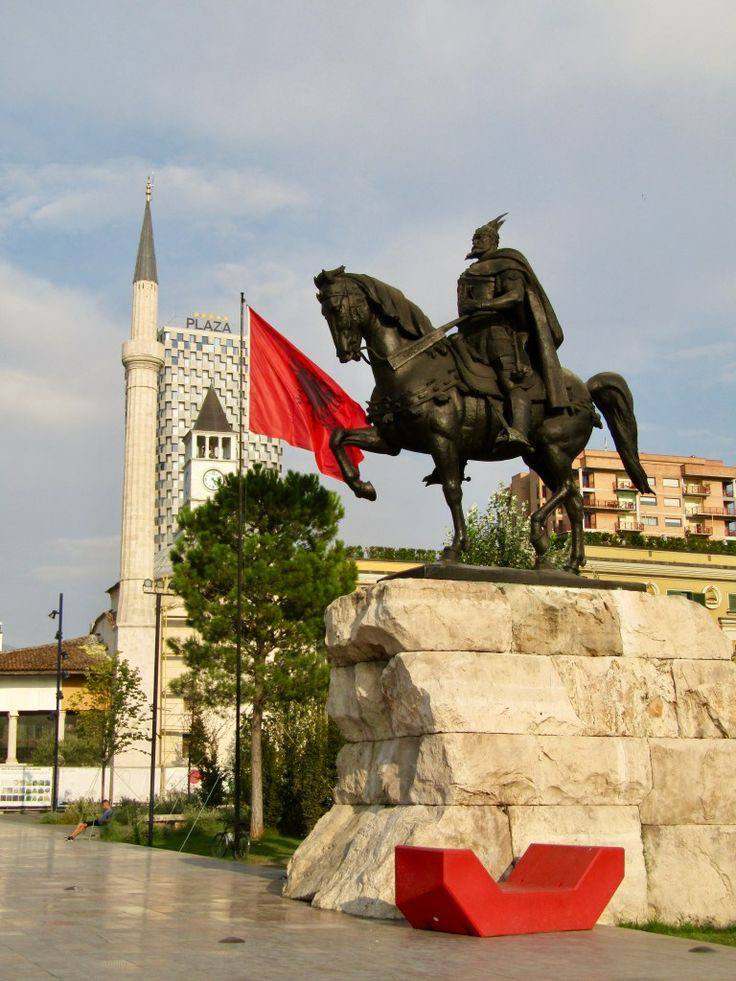
After staying in the Balkan Gem for a year, you can apply for residency if you want to extend your stay. Another perk of moving to Albania is that the country is highly affordable.
Canada: Digital Nomad Visa
Moving to Canada as an American is perfect for Tech and remote workers. In 2023, Canada announced the recruitment of tech talents, entrepreneurs, and other skilled workers through several programs. According to reports, the country loses thousands of workers yearly to high-paying U.S. jobs.

Hence, these Canadian programs seek to reverse the trend. In addition, Americans can travel as tourists to Canada and work remotely for up to six months.
Germany: Student Visa
Since Germany believes in the value of an educated global community, anyone can attend a German university and pay nothing for tuition. However, You’ll pay a €75 fee with your student visa application; allow up to 12 weeks for processing.

The German student visa is best suited for University students. Also, students under 30 pursuing a regular degree can access Germany’s universal healthcare scheme.
Ireland: Stamp 0 for Retirement
As the name implies, the Visa is for retirees. Many Americans are interested in retiring to the United Kingdom. However, it’s only an option if you have millions to invest.

Hence, considering neighboring Ireland is the way to go. All you need is a monthly retirement income of at least €4,166 (about $4,400) for each person moving there. In addition, you’ll have access to excellent healthcare and free rein of the E.U.
New Zealand: Working Holiday Visa
The New Zealand working holiday visa allows adults under 30 to work or study in the country for up to 12 months. Applicants must apply online and pay the N.Z. $420 fee (about $253), which takes about three weeks to process.

However, you can’t accept a permanent job while on a working holiday visa. Also, you need at least N.Z. $4,200 (about $2,500) to live on and a return ticket for your flight home.
Svalbard: No Visa
Moving to Svalbard from the U.S. is relatively easy because you don’t need a visa to enter, work, or live in the archipelago. However, like in most countries, you still need to prove that you can financially support yourself.
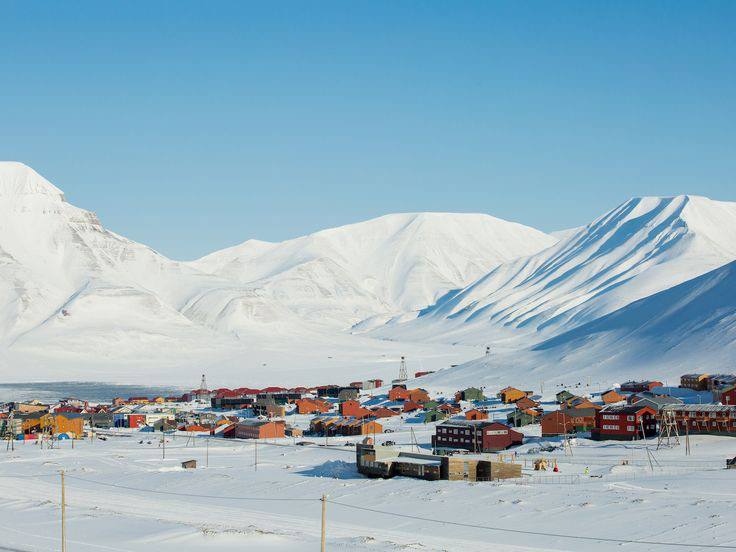
Also, you must have work and housing secure before you move there. Since Svalbard is between Norway and the North Pole, it has difficult terrain and cold weather. While moving there is easy, living there is not. Hence, doing your research before making that move is essential.
Ecuador: Retirement Visa
As an American, moving to Ecuador has many benefits, including the low cost of living. In addition, its proximity to the U.S. and the wide use of the English language and dollar make Ecuador an accessible destination.

You can enter Ecuador visa-free for 90 days with a valid passport. However, you need a temporary visa to become a permanent resident. For the retirement visa, all you need is a fixed monthly income from your pension or personal savings.

